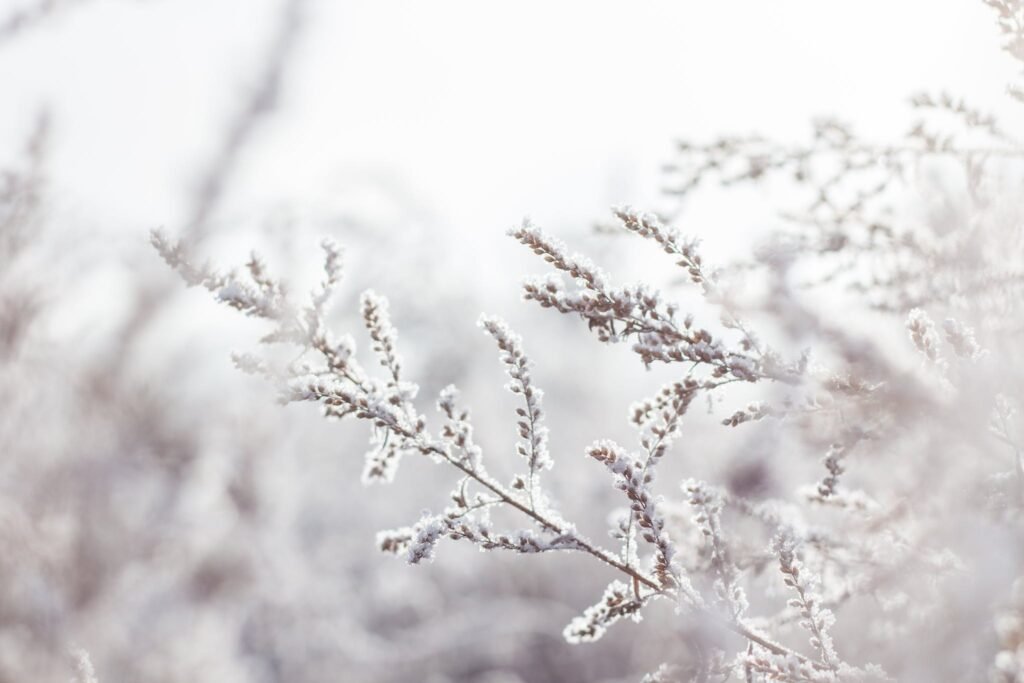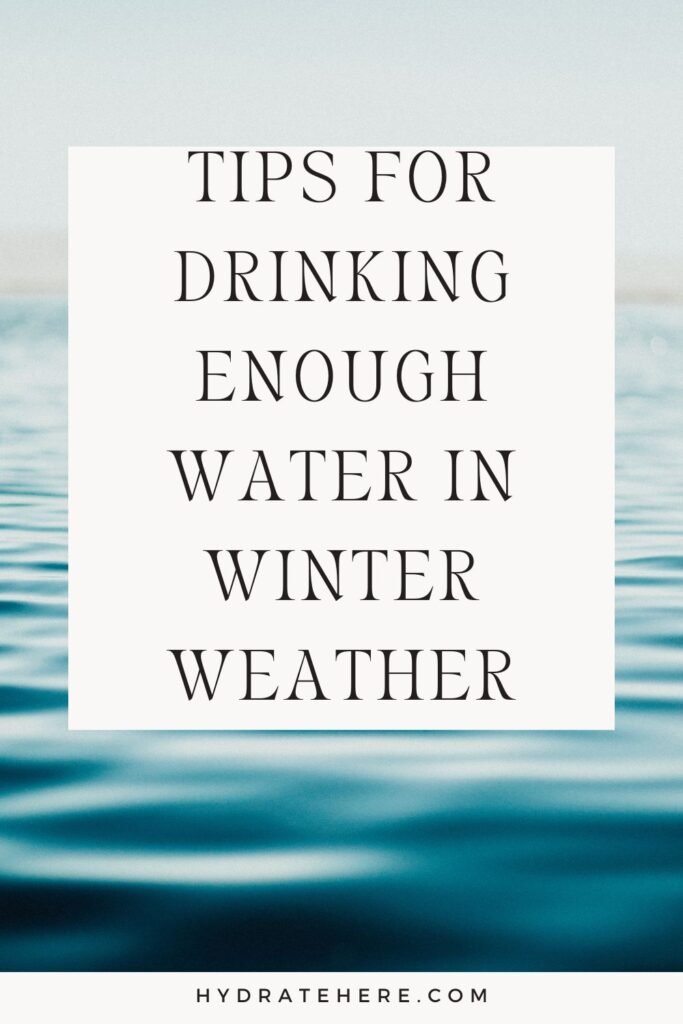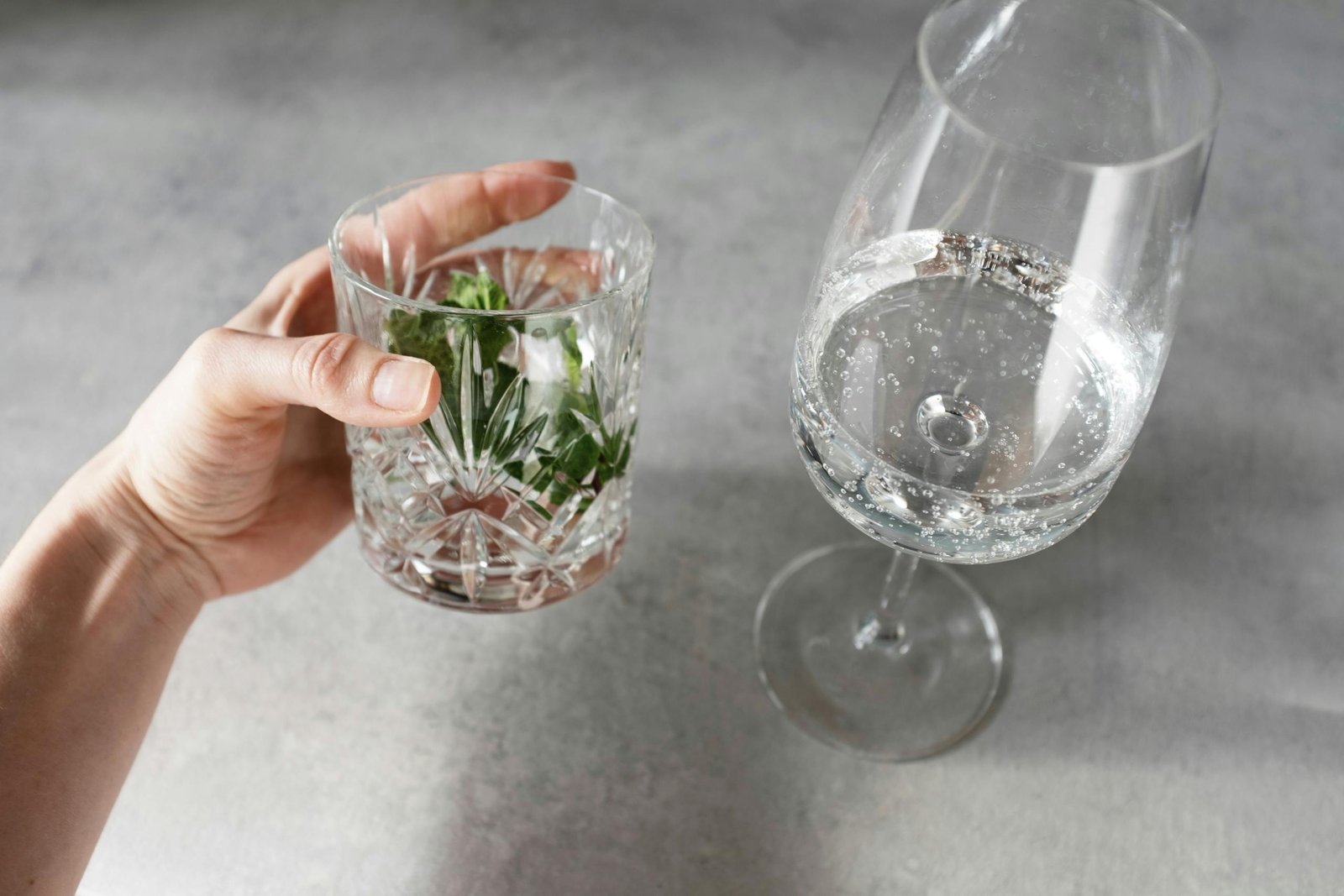Tips for Drinking Enough Water in Winter Weather
There are some affiliate links below, but they are all products I highly recommend. For more info, view my disclosure here.
The frigid temps of winter can leave you feeling parched and puckered. But fear not – we won’t leave you high and dry!
Staying hydrated amid snowstorms and static shock requires strategy. The rules of summer hydration don’t apply when there’s a chill in the air.
We’ve got the inside scoop on winter hydration hacks that will keep you satisfied. From the best icy cold sips to unexpected sources of internal warmth, we’ll quench your thirst for knowledge.
Join us for unusual insights and practical tips to stay refreshed in the frostiest conditions. Don’t let cold weather wilt you this season – get ready to drink up and stay hydrated!
The Importance of Hydration in Winter
You need to be aware of the importance of staying hydrated in winter weather. Just because it’s cold outside doesn’t mean your body doesn’t need water. In fact, staying hydrated is just as crucial during winter as it’s in the summer.
When it’s cold, you may not feel as thirsty, but your body still loses water through breathing, sweating, and even shivering. Proper hydration is essential for maintaining your body’s functions and overall health.
In winter, the dry air can also cause dehydration. The cold air outside and the heated air indoors can both contribute to dryness, leading to increased water loss from your body. Additionally, during winter, many people tend to consume more caffeine and alcohol, which are diuretics and can further dehydrate you. Therefore, it’s important to be mindful of your water intake and make a conscious effort to stay hydrated.
Dehydration can have serious consequences, even in cold weather. It can lead to fatigue, decreased cognitive function, and impaired physical performance. It can also affect your body’s ability to regulate temperature, putting you at risk of hypothermia.
Understanding the Impact of Cold Weather on Hydration
Staying hydrated during colder months can be challenging due to the impact of cold weather on your body’s hydration levels. When it’s cold outside, you may not feel as thirsty as you’d in warmer weather. However, it’s important to remember that your body still needs an adequate amount of water to function properly.
The cold weather can cause your body to lose water through increased respiration and urine production. Additionally, the dry air that often accompanies winter can further contribute to dehydration. This is because the cold air tends to have lower humidity levels, which can cause moisture to evaporate more quickly from your skin and respiratory system.
To combat these challenges and ensure you stay properly hydrated during the colder months, it’s important to make a conscious effort to drink enough water throughout the day. Carry a water bottle with you wherever you go and aim to drink at least eight glasses of water per day. You can also incorporate hydrating foods into your diet, such as fruits and vegetables with high water content.

Hydration Tips for Cold Weather Activities
Don’t forget to replenish your fluids regularly while participating in cold weather activities to maintain proper hydration levels. When you’re out in the cold, it’s easy to underestimate how much water your body needs. The chilly weather can trick you into thinking you’re not sweating as much as you’d in warmer temperatures, but your body still loses water through perspiration and respiration.
To stay properly hydrated, it’s important to drink water before, during, and after your cold weather activities.
Make sure to bring a water bottle with you and take sips of water throughout your activity. Even if you don’t feel thirsty, your body still needs water to function optimally. Drinking water can help regulate your body temperature and prevent dehydration, which can lead to fatigue, muscle cramps, and reduced performance.
If you’re going on a longer winter hike or spending extended time outside in the cold, consider bringing a thermos filled with a warm beverage like herbal tea or hot water with lemon. This can’t only help keep you hydrated but also provide some warmth and comfort.
In addition to drinking water, don’t forget to replenish electrolytes lost through sweat. You can achieve this by consuming sports drinks or eating foods high in electrolytes, such as bananas, oranges, and yogurt.

Creative Ways to Stay Hydrated in Winter
To keep yourself hydrated during the winter, get creative with warm beverages like herbal tea or hot water with lemon. When the weather gets cold, it’s easy to forget to drink enough water. But staying hydrated is just as important in the winter as it’s in the summer.
So, instead of reaching for sugary hot chocolate or coffee all the time, try switching it up with some healthier options. Herbal tea is a great choice because it not only keeps you warm, but also provides various health benefits. There are so many flavors to choose from, like chamomile, peppermint, or ginger.
Another option is hot water with lemon. Not only is it refreshing, but it also helps to detoxify your body and boost your immune system. You can even add a little honey to sweeten it up if you prefer.
The Role of Hot Drinks in Winter Hydration
When it’s cold outside, sipping on hot drinks like herbal tea or hot water with lemon can help you stay hydrated and warm. The role of hot drinks in winter hydration is crucial because they not only provide you with warmth but also contribute to your body’s fluid intake. As you brave the chilly weather, it’s essential to remember that staying hydrated is just as important in winter as it’s in summer.
Hot drinks, such as herbal tea, are packed with flavor and offer a variety of health benefits. They can be a delicious and comforting way to increase your fluid intake during the colder months. The warmth from the hot drink can also help to soothe your throat and alleviate any winter-related respiratory discomfort.
Another popular choice is hot water with lemon. This simple yet effective drink not only hydrates you but also provides a boost of Vitamin C. Lemon water can help to support your immune system and keep you healthy during the winter season when colds and flu are more prevalent.
Hydration and Immune Health in Winter
Staying hydrated during the winter months is crucial for supporting your immune health. The cold weather can dry out your skin and mucous membranes, making you more susceptible to infections. By drinking enough water, you can help keep your body hydrated and your immune system strong.
When it’s cold outside, you may not feel as thirsty as you do in the warmer months. However, it’s important to remember that your body still needs water to function properly. Aim to drink at least eight glasses of water each day, and try to incorporate warm beverages like herbal tea or hot water with lemon to help meet your hydration needs.
In addition to drinking enough water, you can also boost your immune health by eating hydrating foods. Foods like cucumber, watermelon, and celery have high water content and can help keep you hydrated. Furthermore, these foods are packed with vitamins and minerals that support your immune system, such as vitamin C and antioxidants.
Overcoming Common Winter Hydration Challenges
Don’t let the cold and dry air of winter deter you from staying hydrated and supporting your immune health. Winter weather can make it challenging to drink enough water, but with a few simple tips, you can overcome these common hydration challenges.
First, make it a habit to carry a water bottle with you wherever you go. This will serve as a constant reminder to drink water throughout the day. Additionally, try adding some flavor to your water by infusing it with fruits or herbs. This can make it more enjoyable to drink and help you stay hydrated.
Another tip is to consume warm beverages like herbal tea or warm water with lemon. These not only provide hydration but also help to soothe your throat and keep you warm in the cold weather. Additionally, eating hydrating foods like soups, broths, and fruits can contribute to your overall hydration levels.
Lastly, be mindful of your indoor environment. The dry air from heaters can dehydrate your body faster, so consider using a humidifier to add moisture to the air. Also, avoid excessive caffeine and alcohol consumption as they can further dehydrate your body.
By following these tips, you can ensure that you stay well-hydrated and support your immune health even in the cold and dry winter weather.








